
- Article
- Article
Surviving a flesh-eating disease
Nearly dying from a skin infection gave Scott Neill a chance to start again after an early life marked by grief and depression.
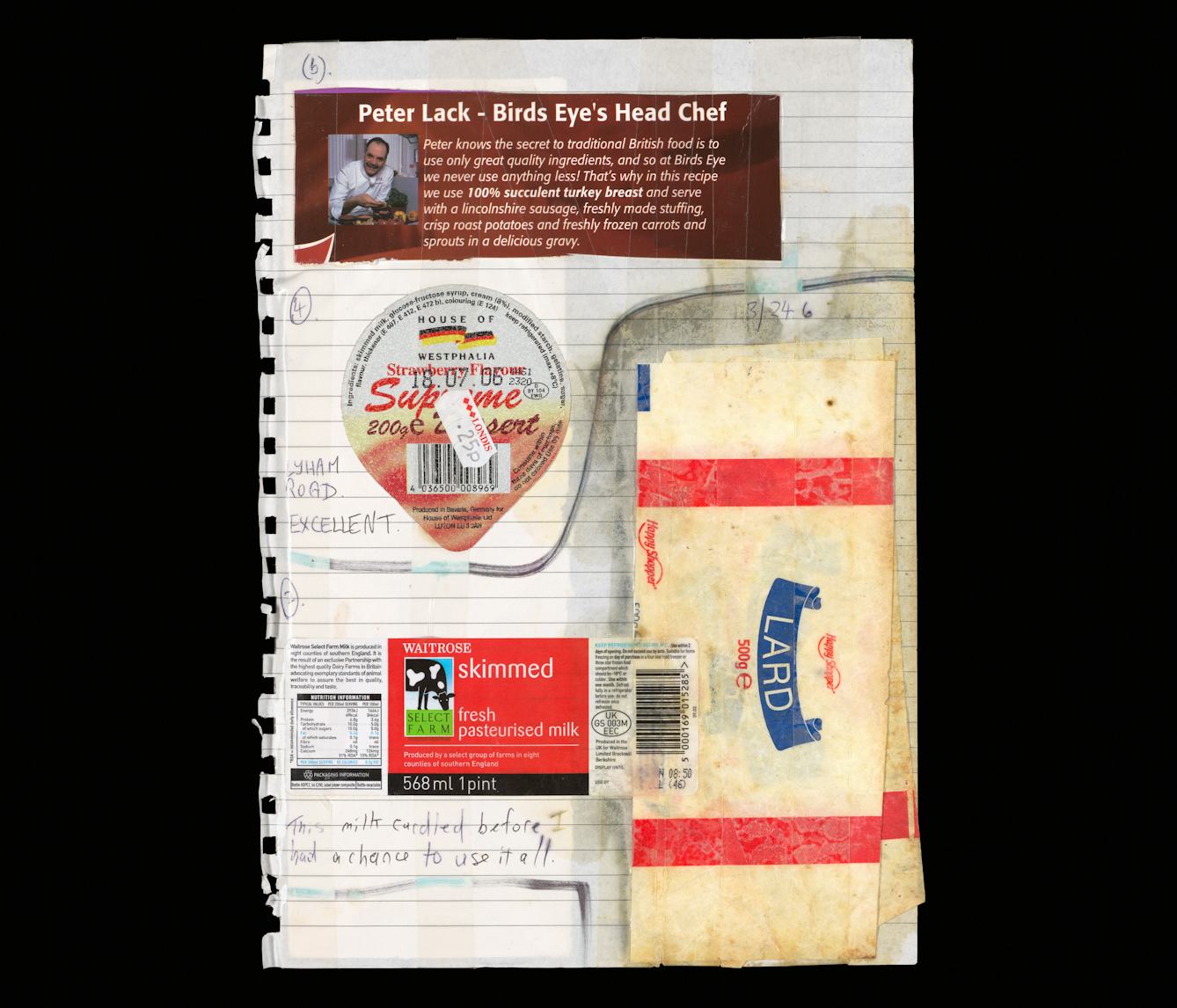
- Article
- Article
Conserving Audrey
Elena describes how specially designed storage allows Audrey’s scrapbooks to retain all traces of her creative process, although their intrinsic fragility means deterioration is almost inevitable.

- Article
- Article
Epidemic threats and racist legacies
Epidemiology is the systematic, data-driven study of health and disease in populations. But as historian Jacob Steere-Williams suggests, this most scientific of fields emerged in the 19th century imbued with a doctrine of Western imperialism – a legacy that continues to influence how we talk about disease.

- Comic
- Comic
Age
Aging and decay are natural and fine.

- Article
- Article
Getting sexy with cinnamon
Add some flavour to your love life with this spice. It will warm up more than just your buns.

- Article
- Article
Is your job bad for your teeth?
Some surprising occupations pose hidden risks to dental health. Could your ivories be in particular peril?

- Article
- Article
Appointments with plants
In our ‘always on’ culture, poet Elizabeth-Jane Burnett find a route away from screens – by following the ways of the trees and plants outside.
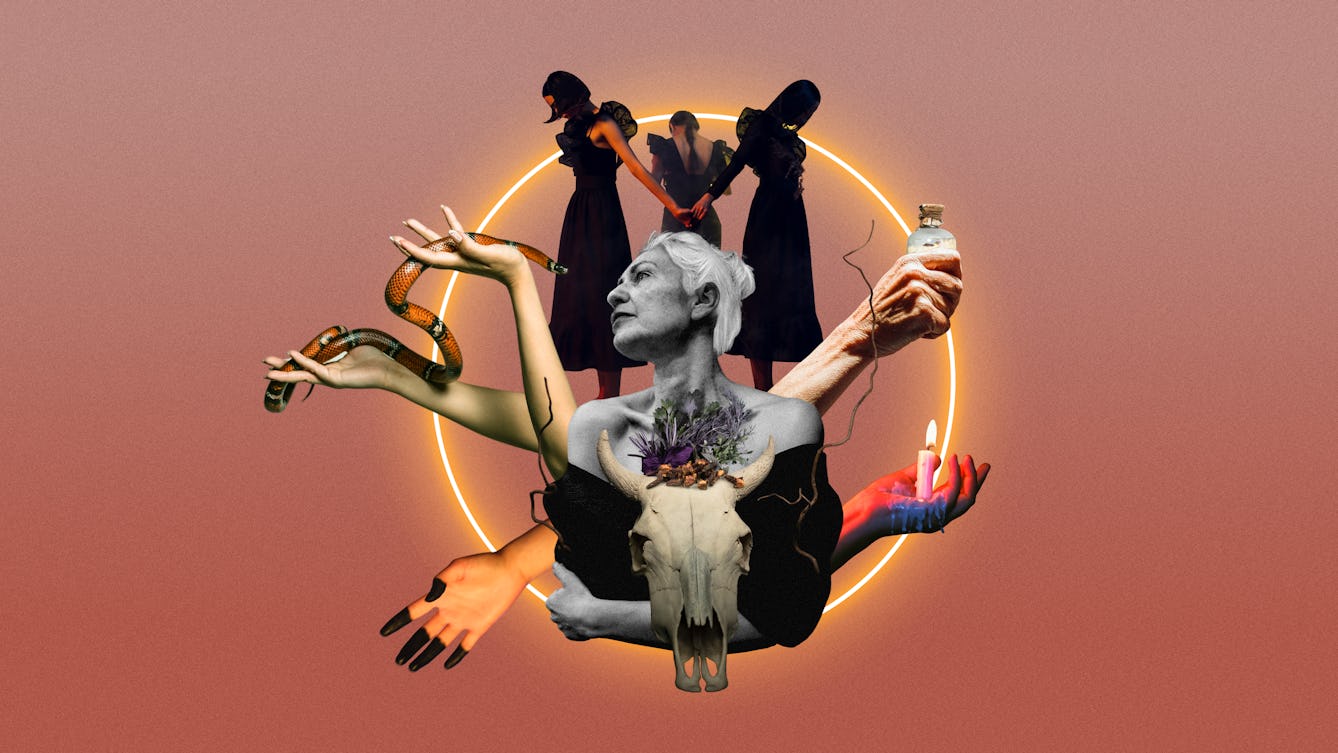
- Article
- Article
Witches
Many of the women persecuted as witches in the 16th-century “witch craze” were over 50 and exhibited signs of menopause. Helen Foster suggests that the stigma of the wicked witch still affects older women and how they deal with menopause.
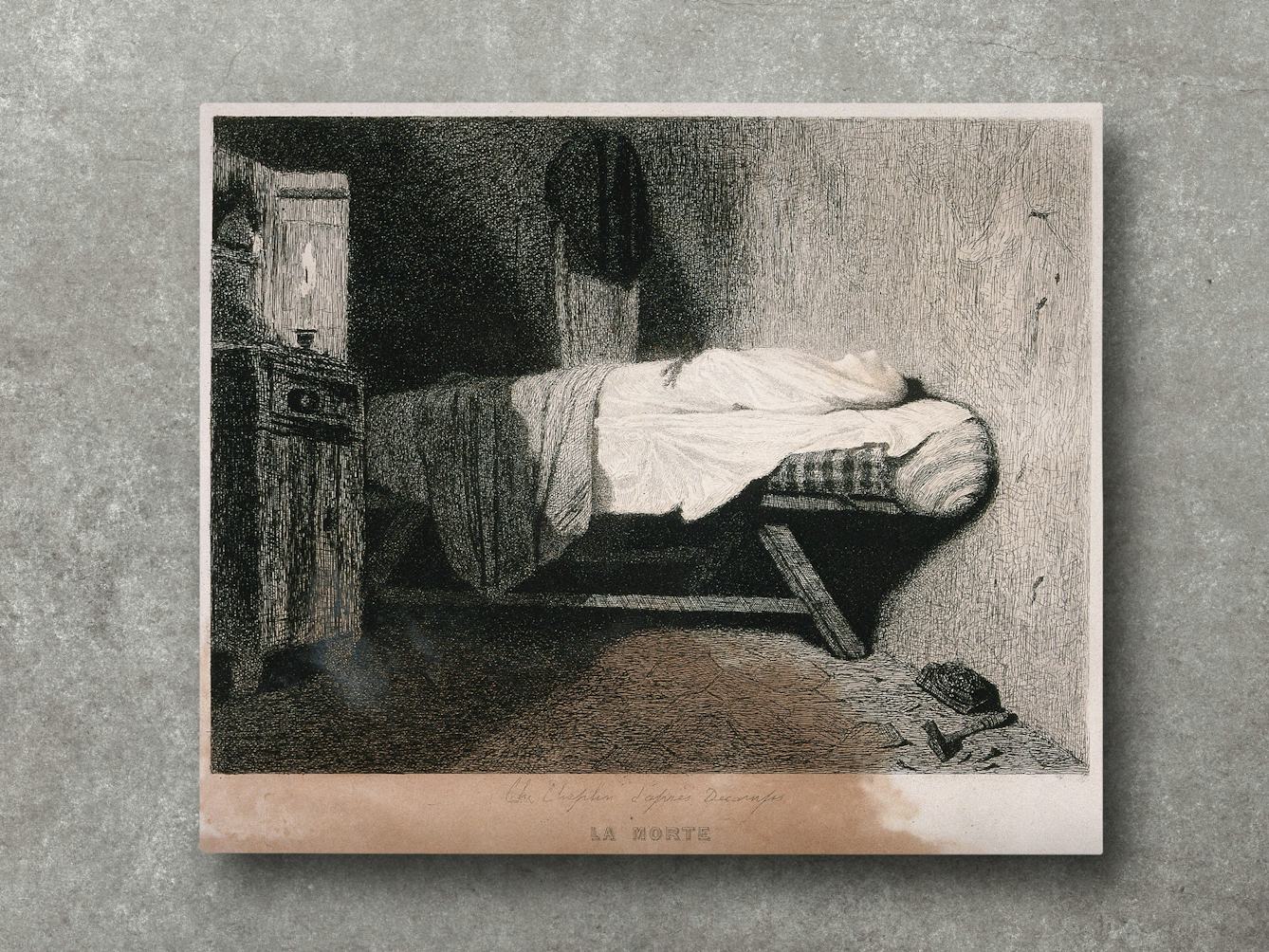
- Article
- Article
Why we no longer keep our dead at home
Today in the UK we rarely sit with, touch, or perhaps even see our loved ones after they’ve died. Past practices were very different and, Claire Cock-Starkey argues, were more helpful for those grieving.

- Article
- Article
How to play on the District line between Stepney Green and Embankment
From the crossword to the smartphone, distractions for the commuter relieve the tedium of crowded, dull journeys. Game designer Holly Gramazio delves into the world of games for trains.

- Article
- Article
Hamlet, the melancholic Prince of Denmark
Hamlet clearly demonstrates an excess of black bile and is arguably the most famous literary melancholic.

- Article
- Article
The tower in fiction, film and life
The high-rise estates born of postwar idealism soon became symbols of crime and squalor. But after one terrible tragedy, public bodies are being forced to rethink our towers.

- Article
- Article
Uncovering experiences of dementia
Focusing on three 19th-century women’s case notes, Millie van der Byl Williams explores how our definition of dementia has changed.

- Article
- Article
Dying to be in nature
The modern funeral business is one that uses up precious resources and pollutes the planet. But you can make sure it’s only your memory that leaves its mark with these new and natural ways to leave this earth.
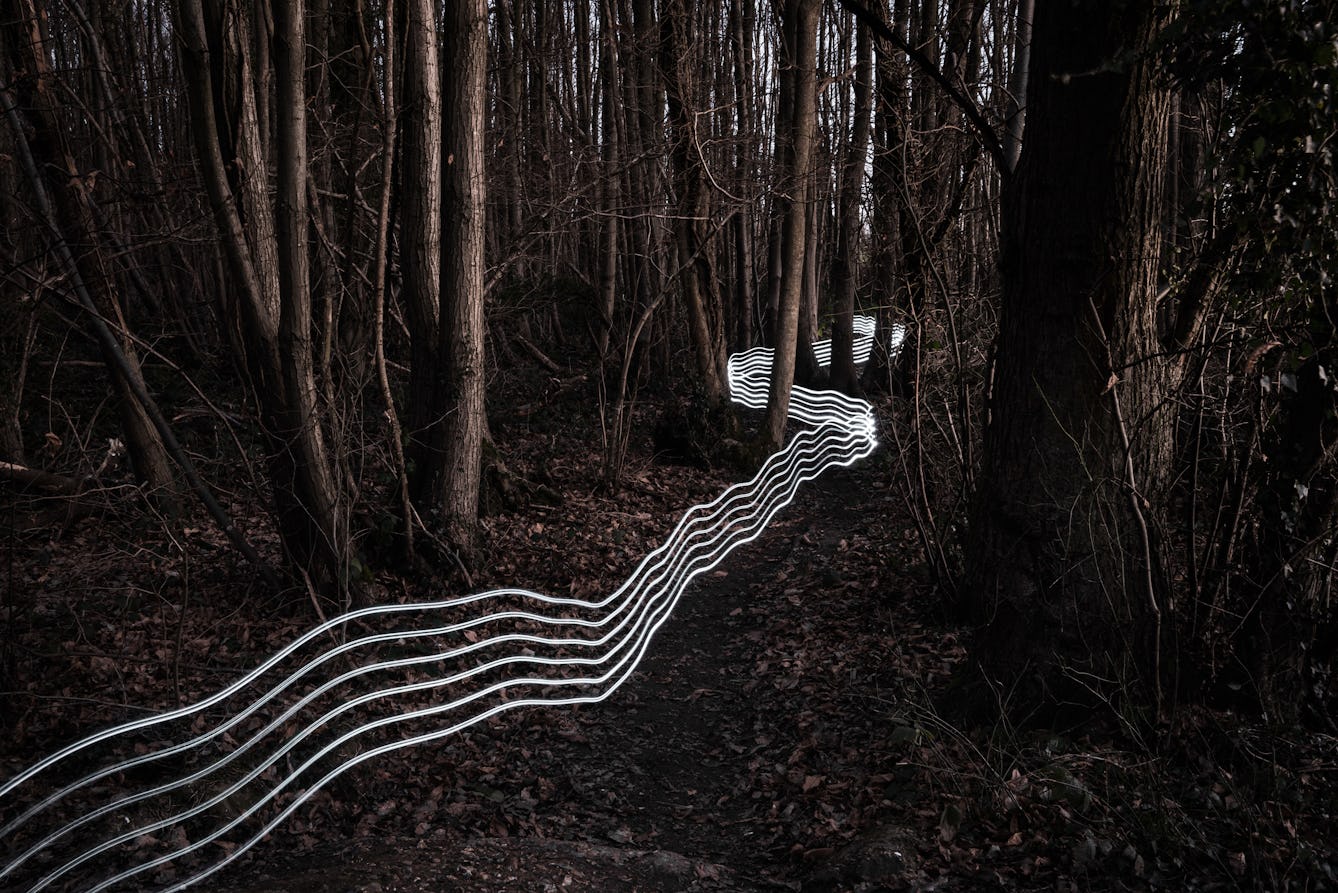
- Book extract
- Book extract
The neuroscience of how we navigate
Christopher Kemp describes the mysterious case of Amanda Eller, a hiker who got lost in the woods. How can someone take a few steps off a well-marked trail and completely disappear?
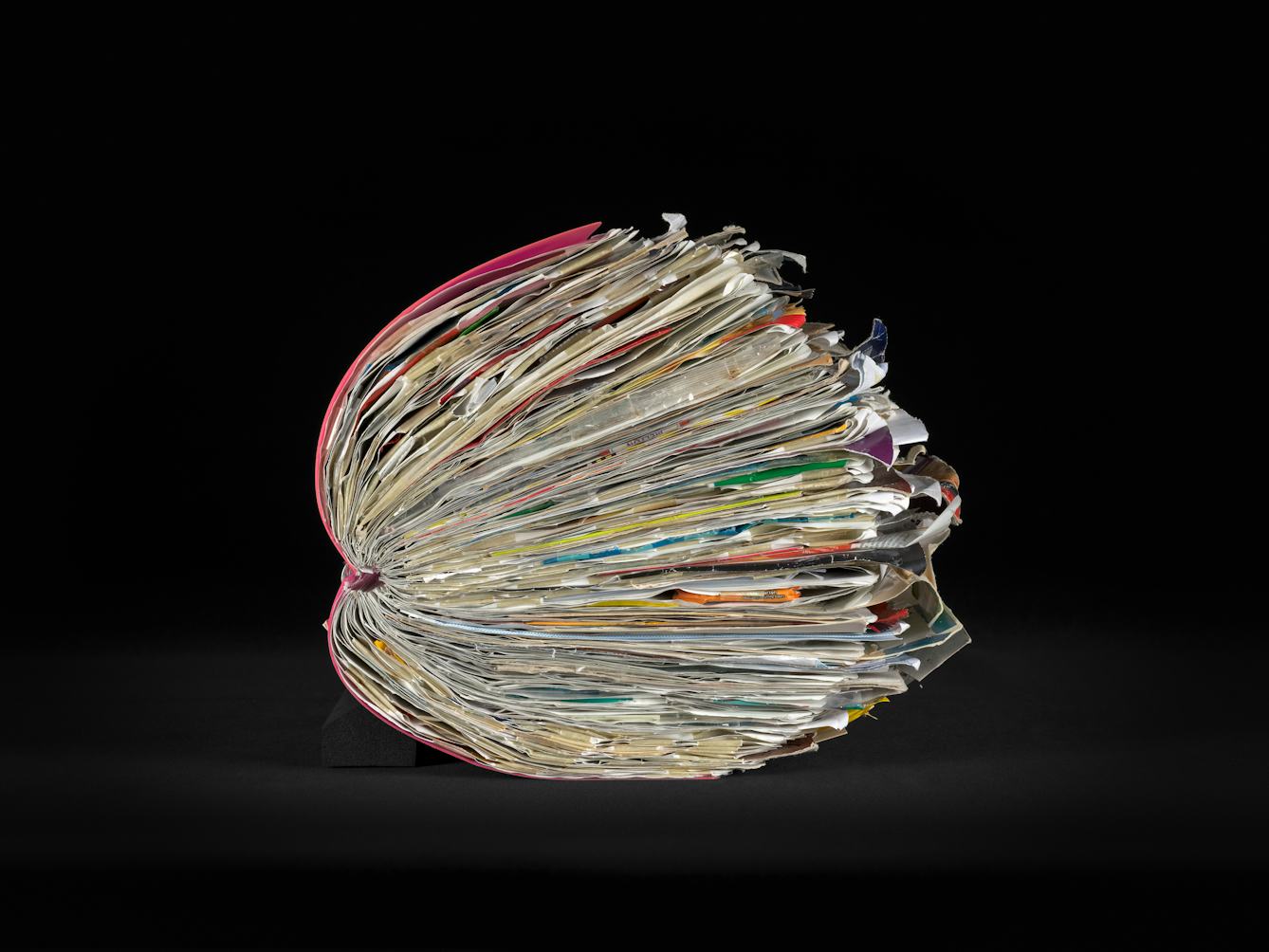
- Article
- Article
Digitising Audrey
Building digital images of what Audrey created means that her work can be frozen in time – for the digital version, at least, the process of decay is halted, and any number of people can view it without the risk of damaging it.